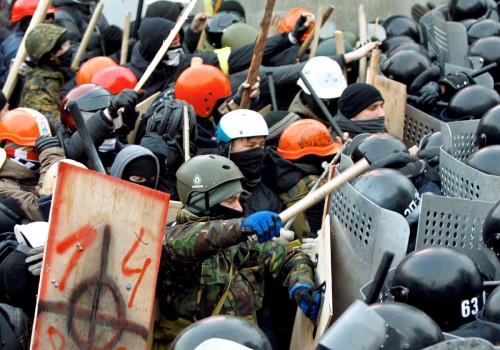In Reuters’ 2007 article, “Putin says Russia threatened by ‘Unipolar World’,” Russian President Vladimir Putin stated:
“Some people are constantly insisting on the necessity to divide up our country and are trying to spread this theory.”
Reuters would also quote President Putin as saying:
“There are those who would like to build a unipolar world, who would themselves like to rule all of humanity.”
While Reuters then attempted to spin the comments as Russian paranoia, in the wake of recent events in Ukraine, the timelessness and accuracy of President Putin’s assessment years ago are apparent.
Setting the Board
For years the West has been cultivating a proxy political machine inside of Ukraine for the purpose of peeling the nation away from its historical and socioeconomic ties to Russia. The deep relationship between Western corporate-financier interests on Wall Street and in London and the opposition in Ukraine are best summarized in PR Weeks “Analysis: PR gets trodden underfoot as sands shift in Ukraine.” In the article, the involvement of some of the most notorious corporate lobbying firms on Earth, including Bell Pottinger and the Podesta Group, are revealed to have been involved in Ukraine’s internal affairs since the so-called “Orange Revolution” in 2004 – a coup admittedly orchestrated by the West and in particular the US government.
The article chronicles (and defends) the continuing, unabated meddling of the West up to and including the most recent turmoil consuming Ukraine.
PR Week’s article revealed that heavily funded networks propping up the proxy regime in Kiev are sponsored by “individuals and private companies who support stronger EU-Ukraine relations.” It is these Western corporate-financier interests, not Ukrainian aspirations for “democracy” and “freedom,” that kicked off the “Euromaidan” mobs in the first place – and will be the driving force that misshapes and deforms the regions of western Ukraine now overrun by the West’s proxies.
To the east in Ukraine, people are prominently pro-Russian, sharing closer cultural, linguistic, and socioeconomic ties to Russia as well as long historical parallels. They have welcomed moves by Russia to counter the coup in Kiev and protect eastern Ukraine from the corrosive influence that will grow as the West further entrenches itself.
A democratic referendum held on the Crimea peninsula overwhelmingly chose independence from the fascist regime in Kiev, separating from the now dysfunctional and downward spiraling western region and beginning the process of formally joining the Russia Federation. This resulting lay of Ukraine will be a proving ground where in the West, Wall Street and London’s unipolar order, will face off against the East and Russia’s vision of a multipolar order. The predictable outcome of financial and social ruination in the West, versus a stable status quo in the East will vindicate the growing perceptions held regarding both.
The Predictable Fate of Western Ukraine Already Unfolding
With the vacant chair of deposed Ukrainian President Viktor Yanukovych still warm, the tentacles of Western corporate-financier interests have already wound themselves around Kiev and have begun to squeeze.
Chevron, which had signed a multi-billion dollar deal with Ukraine in November, 2013, was operating in the west of Ukraine, and alongside other Western energy giants such as ExxonMobil and Shell. The deals were part of President Yanukovych’s apparent gravitation toward the West and impending integration with the EU which was then suddenly overturned in favor with re-cementing ties with Russia. Western oil giants clearly saw the benefit of backing a putsch that would leave the western half firmly in the orbit of the US, UK, and EU. They can not only continue their business on the western edge of Ukraine, but expand their interests unabated across the country now that a capitulating, puppet regime sits in Kiev.
While Western big-oil plans to move in and siphon billions, the International Monetary Fund (IMF) is already planning deep cuts in social benefits as part of a staggering austerity regime to restructure financially the seized western region of Ukraine, and if possible, all of Ukraine proper.
RT reported in its article, “Pensions in Ukraine to be halved – sequestration draft,” that:
The self-proclaimed government in Kiev is reportedly planning to cut pensions by 50 percent as part of unprecedented austerity measures to save Ukraine from default. With an “empty treasury”, reduction of payments might take place in March.
According to the draft document obtained by Kommersant-Ukraine, social payments will be the first to be reduced.
The proxy regime set up in Kiev has already indicated its eager acceptance to all IMF conditions. The fate of western Ukraine will be no different than other members of the European Union preyed upon by the corporate-financier interests that created the supranational consolidation in the first place. The reduction of a multipolar Europe into a unipolar, supranational consolidation which can be easily and collectively looted is a microcosm of what the West’s Fortune 500 plan as part of their global unipolar order.
The natural resources, human capital, and geopolitical advantages found within the borders of Ukraine, will now become the natural resources, human capital, and geopolitical advantages of Chevron, BP, Monsanto, a myriad of defense contractors, telecom corporations, and other familiar brands seen marauding across the planet leaving in its wake destitution, socioeconomic disparity, and perpetual division they intentionally sow in order to protect their holdings from any form of unified or organized opposition.
No matter how obvious the West’s game may be to some, had Ukraine fallen entirely under the control of Western interests, a multitude of excuses could and would have been peddled to explain the unraveling of Ukrainian society in terms that would exonerate the corporate-financier interests truly driving the crisis. But Ukraine has not entirely fallen to the West, and because of that, the planned decimation of western Ukraine, its economy, and its sovereignty will stand out in stark contrast to the eastern region that has remained beyond the West’s reach and within the orbit of Russia’s multipolar vision of the future.
The East’s Chance to Showcase a Multipolar Future
The West has made an entire industry out of “democracy promoting,” or in other words, the facade and insidious geopolitical mechanics behind it, it spreads its hegemony across the globe with. It has ingrained its superficial and ultimately disingenuous definitions of “elections,” “democracy,” and “freedom” into the minds of millions through political movements, mass media, and entertainment. However, this facade in recent years has suffered many setbacks as its opponents poke holes through it and reveals what lies beneath more clearly.
What must be done next is the introduction of a new set of principles by which the global population can embrace – that of a multipolar world order where power is balanced, national sovereignty reigns, and international institutions mediate, not dictate, the interactions and conduct between nation-states.
Unlike the West’s unipolar order which depends on the massive and perpetual manipulation of public perception to maintain itself, a multipolar world must be promoted through transparent, demonstrated examples. Russia’s evolving relationship with Ukraine, particularly in the midst of the recent turmoil in Kiev, will help demonstrate both the folly of dealing with the West and its global supranational consolidation and the benefits of maintaining traditional, sovereign bi-lateral relations with other states.
Already, Russia has exhibited crucial differences in its foreign policy – its stationing of troops in Ukraine already covered under long-standing treaties and their mission clearly provoked by documented extremists admitted even across the Western press as being armed and promoting universally unacceptable and dangerous ideologies rooted in racism, bigotry, and genocide.
While the West eagerly traverses the globe thousands of miles from its borders, under patently false, fabricated pretenses (such as in Iraq) to execute military force against nations that posed it no conceivable threat and in hindsight its motives being clearly self-serving, Russia has waited perhaps too long to act directly along its own borders against clear and present dangers being fomented overtly by foreign interests openly seeking to encircle and overrun Russia itself.
This difference in foreign policy and indeed in the vision the West and East hold for the future – one of unipolar global domination and the other of multipolar coexistence – will be tested in Ukraine in front of the world. While the West has little choice but to continue along its long-established trajectory toward confrontation and exploitation, Russia and its growing list of allies has an opportunity to offer an alternative, not only to solve its own problems along its border – but for other nations as well chaffing under the growing disparity created by the West’s antiquated paradigm.
Tony Cartalucci, Bangkok-based geopolitical researcher and writer, especially for the online magazine “New Eastern Outlook”



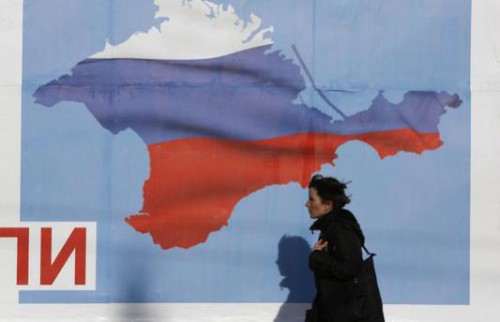

 del.icio.us
del.icio.us
 Digg
Digg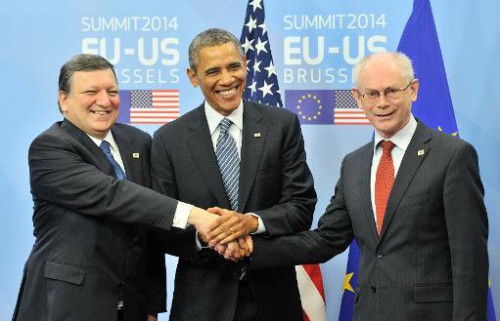
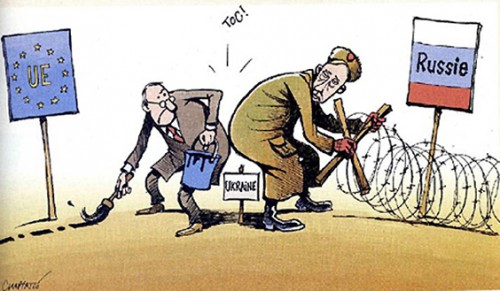
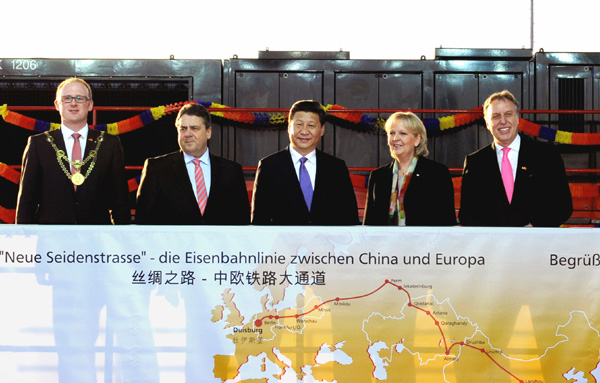
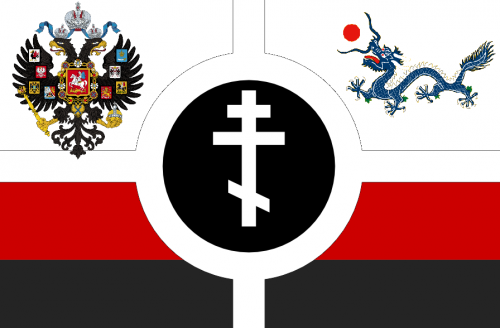
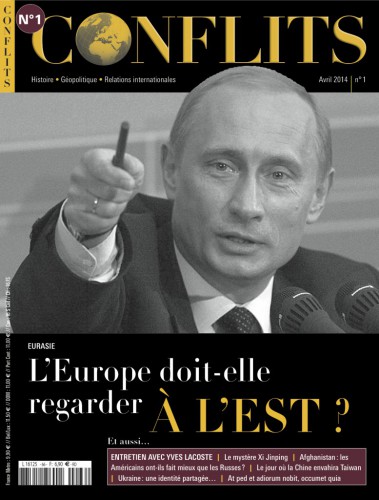
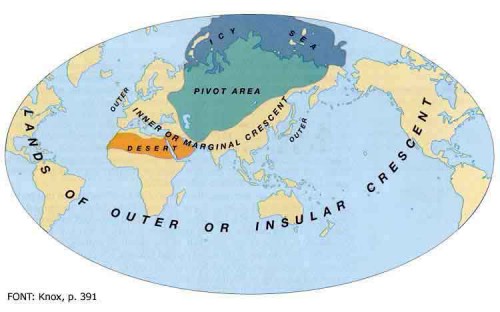
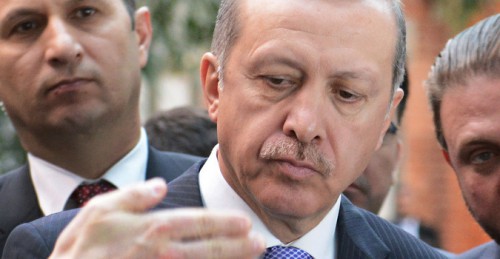
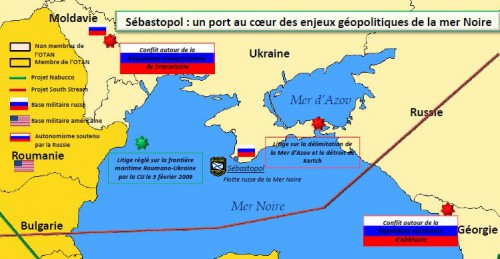
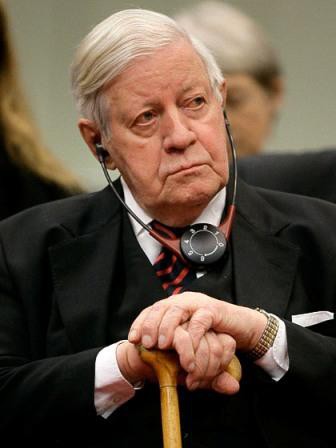 Der deutsche Ex-Bundeskanzler Helmut Schmidt nimmt die Wiedervereinigung der ukrainischen Schwarzmeerhalbinsel Krim mit Russland verständnisvoll auf und hält die westlichen Sanktionen gegen Moskau für dumm.
Der deutsche Ex-Bundeskanzler Helmut Schmidt nimmt die Wiedervereinigung der ukrainischen Schwarzmeerhalbinsel Krim mit Russland verständnisvoll auf und hält die westlichen Sanktionen gegen Moskau für dumm.  Russlands Subventionen: Milliarden für die Krim - Bloomberg
Russlands Subventionen: Milliarden für die Krim - Bloomberg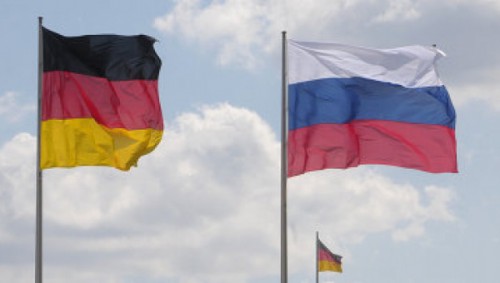
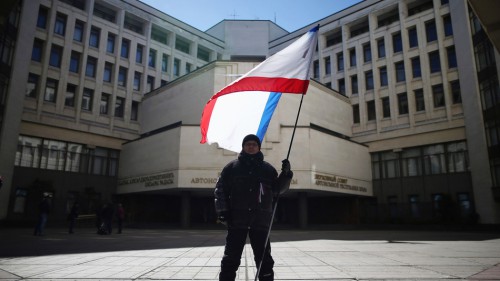
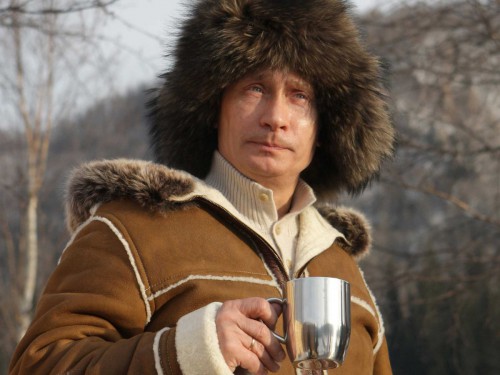




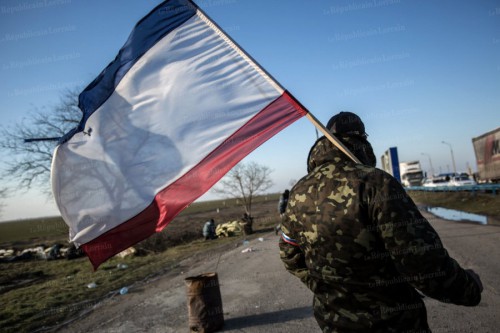
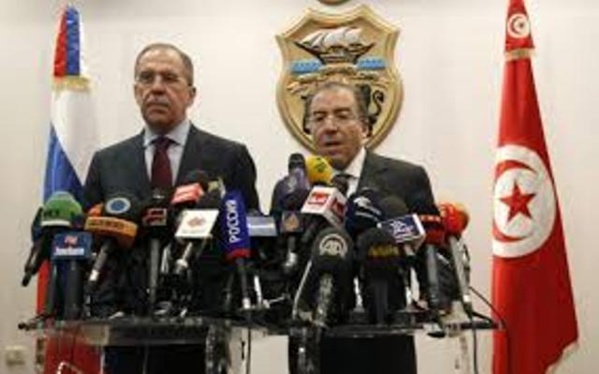
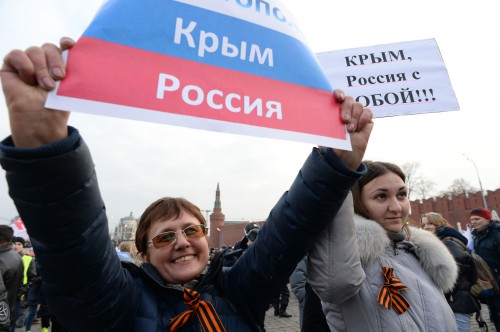
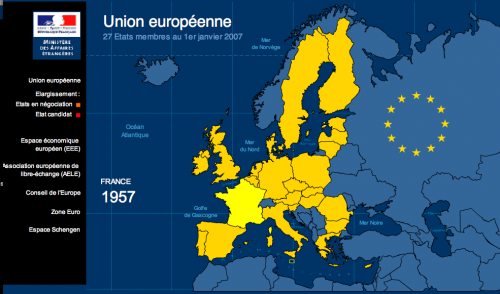

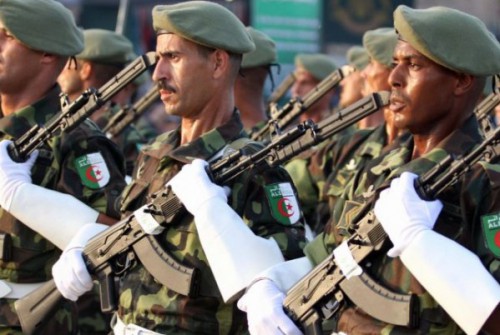
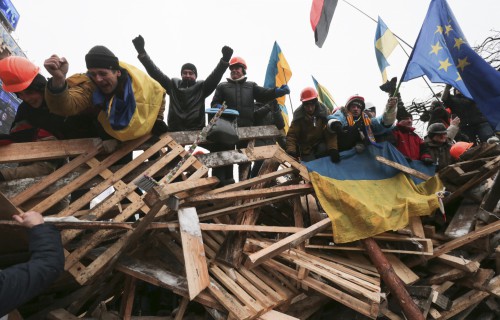
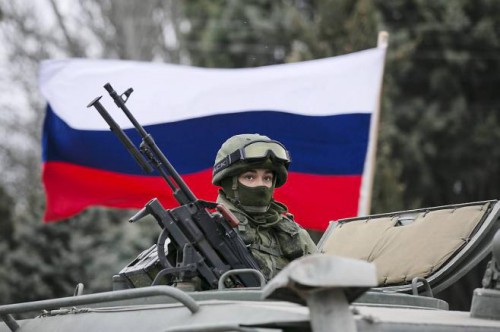
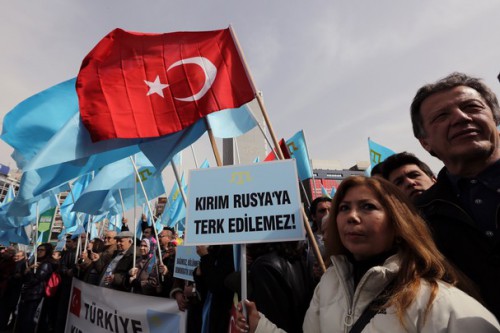

 Er ging davon aus, dass unter anderem die Rohstoffreserven der Weltinsel es ermöglichen würden, von dort aus alle anderen Länder zu beherrschen, also solcher in kontinentaler Randlage und langfristig auch den amerikanischen Kontinent, Japan und Australien. Für Mackinder ist damit die Beherrschung des Kernlandes Eurasien der Schlüssel zur Weltmacht. In Deutschland fand seine Theorie so gut wie keine Rezeption und sein
Er ging davon aus, dass unter anderem die Rohstoffreserven der Weltinsel es ermöglichen würden, von dort aus alle anderen Länder zu beherrschen, also solcher in kontinentaler Randlage und langfristig auch den amerikanischen Kontinent, Japan und Australien. Für Mackinder ist damit die Beherrschung des Kernlandes Eurasien der Schlüssel zur Weltmacht. In Deutschland fand seine Theorie so gut wie keine Rezeption und sein 